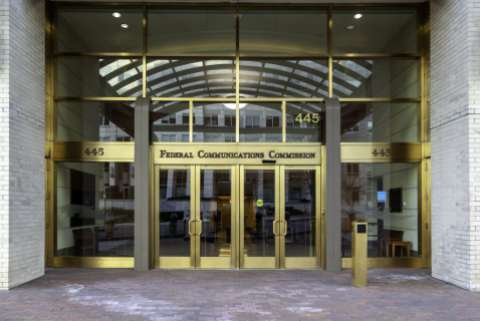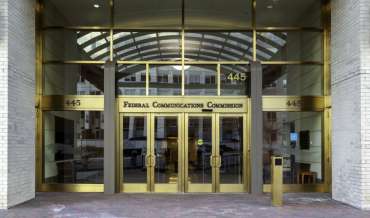The Federal Communications Commission (FCC) ordered voice service providers to block all traffic from One Eye, a global gateway telecom provider, due to what the FCC says is a persistent effort to facilitate illegal robocalls. This is the most drastic action that the FCC has taken against a carrier to date. It is also the final escalation in an ongoing process involving One Eye and its predecessor, PZ/Illum Telecommunications.
In its press release announcing the move, the FCC explains the steps it took up to this point: citing PZ/Illum for transmitting illegal robocalls; sending a cease-and-desist letter when PZ/Illum attempted to evade regulation by rebranding as One Eye; encouraging other providers to not carry One Eye’s traffic; formally demanding that One Eye block the illegal traffic; and finally blocking One Eye’s access to other providers, shutting off all of their operations.
FCC Chair Jessica Rosenworcel explained the significance of this action: “This company—what’s left of it—will now have a place in robocall history. We can and will continue to shut off providers that help scammers. Because these junk calls are not just annoying, they are illegal, and facilitating them deserves serious consequences.”
One Eye’s conduct seems to have been especially egregious and the FCC gave them ample opportunity to clean up their operations. But this does demonstrate the extent to which the FCC is willing to punish companies that it suspects of facilitating illegal robocalls.





